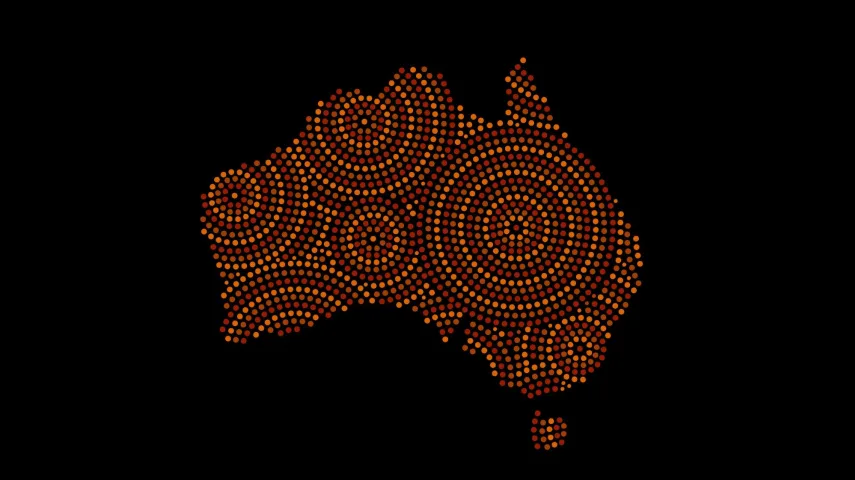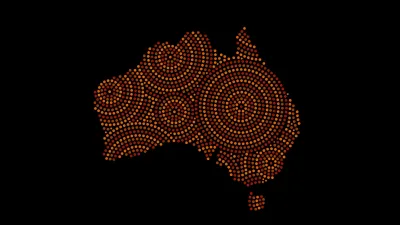T. Rowe Price reluctant to up Australian allocation



T. Rowe Price believes Australian growth is successfully managing to shrug off consumer weakness, but the firm’s multi-asset team is not yet positive enough to increase its underweight position.
In its monthly multi-asset update, the firm said it retains its underweight which it has held since the start of the year, having reduced its positioning from neutral.
“Australian growth remains positive due to solid population growth and upcoming fiscal stimulus, despite some early signs of weakness from the consumer side.
“We remain cautious on the short term due to extended valuations with weak earnings prospects.”
On the positive side, the firm praised the government’s support to the economy, how the housing market continues to support the wealth effect, and how the price of commodities such as copper and iron ore have rebounded.
However, it is still hesitant over sticky inflation, weakening consumer spend on the back of a weaker job market, and believes earnings continue to be at risk.
In Treasurer Jim Chalmers’ third budget this month, he announced he expects inflation will return to the Reserve Bank of Australia’s target of 2–3 per cent by the end of the year while real GDP is forecast to grow by 2 per cent in 2024–25 and by 2.25 per cent in 2025–26.
It was a quiet month for the firm, with no major rebalancing of asset allocation of its multi-asset portfolios taking place. Australia remained an underweight, global equities was an overweight, and emerging markets were a neutral position. Within asset classes, it is overweight equities, underweight bonds and alternatives and neutral on cash.
“Global growth outlook remains positive against a backdrop of gradually easing inflationary pressures across most economies.
“We remain modestly overweight equities, supported by resilient economic growth, positive earnings trends, and areas with more reasonable valuations. Within equities, we tilt the portfolio to markets more sensitive to the upturn in economic momentum, such as value-oriented sectors and Japan.
“Within fixed income, we continue to underweight duration as yields move higher on a repricing of future central bank policies. We remain overweight high yield and emerging markets bonds on still attractive absolute yield levels and reasonably supportive fundamentals.”
Earlier this month, the firm announced it will be closing its Australian equity strategy in light of the departure of fund manager Randal Jenneke who is the firm’s head of Australian equities.
Jenneke has been at T. Rowe Price for the past 11 years and is the head of Australian equities.
In a statement, the firm said: “After a thorough evaluation, T. Rowe Price has decided to close the strategy, as it was unlikely to gain the scale to be sustainable.”
Recommended for you
Commentators have said Australian fund managers are less knowledgeable compared with overseas peers when it comes to expanding their range with ETFs and underestimating the competition from passive strategies.
VanEck is to list two ETFs on the ASX next week, one investing in residential mortgage-backed securities and the other in Indian companies.
Perpetual outflows have risen by 134 per cent from the previous quarter as the result of client mergers and rebalancing including $2.5 billion in outflows at Pendal Asset Management.
ClearBridge Investments has expanded investor access to its global infrastructure investment strategies through the launch of three active ETFs on the ASX.















